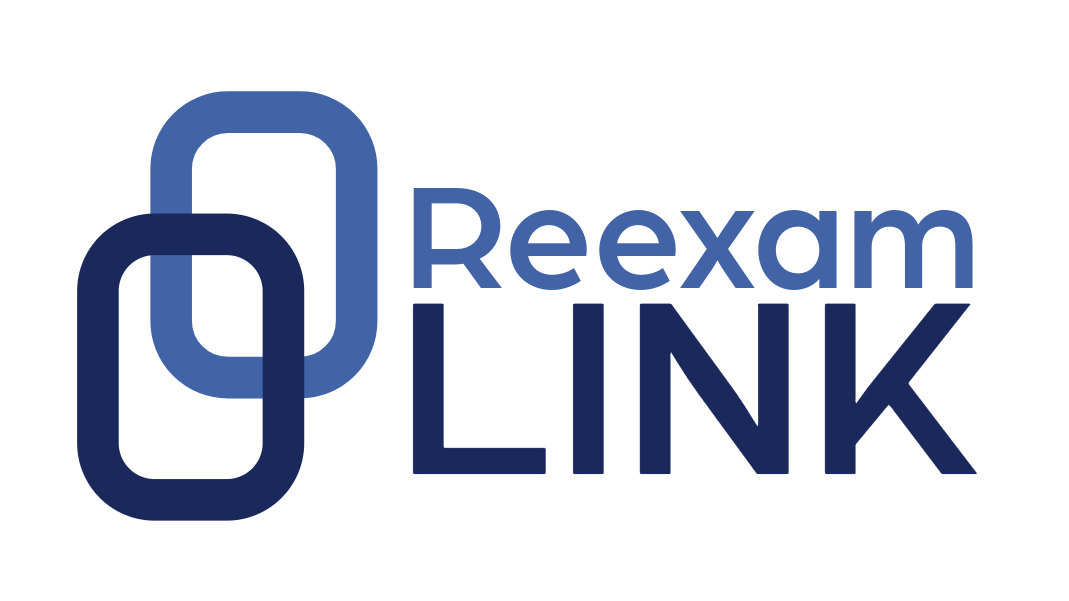Category: Broadest Reasonable Interpretation standard
-
Complex Claim Construction Issues in Knowles Electronics v. Cirrus Logic
—
by
A recent Federal Circuit case demonstrates the complexity of resolving difficult claim construction issues in multiple agency and court proceedings. In Knowles Electronics v. Cirrus Logic the Federal Circuit declined to apply its own prior claim interpretation of the same term of the same claims of the same patent. U.S. Patent No. 6,781,231 (“the ’231 patent”) entitled “Microelectromechanical System…
-
Federal Circuit’s Aqua Products Decision Clarifies Burden on IPR Petitioner to Challenge Amended Claims
—
by
in Adjudicative instead of examinatorial, Broadest Reasonable Interpretation standard, claim challenges, estoppel from administrative proceeding, Federal Circuit Review of PTAB Proceedings, Motion to Amend, preponderance of evidence, reexamination generally, Settlements in Post-Grant Proceedings, Termination of Post-Grant ProceedingsOn October 4, 2017, the Federal Circuit issued a lengthy decision in Aqua Products v. Matal, spanning five opinions and 148 pages, which addressed the proper allocation of the burden of proof when amended claims are offered during inter partes review proceedings (“IPRs”). Aqua Prods. v. Matal, 2017 U.S. App. LEXIS 19293. The case concerns U.S. Patent No. 8,273,183, relating to…
-
PTAB Narrows Its Preliminary Claim Interpretation To Uphold Cellular Patent
In July, 2014 Ericsson Inc. and Telefonaktiebolaget LM Ericsson (“Ericsson”) petitioned for inter partes review of claims 1, 2, 8-12 and 18-22 of U.S. Patent No. 7,787,431 owned by Intellectual Ventures II LLC (“IV”). In February, 2015, the Board instituted trial on claims 1 and 2 based on obviousness grounds, but denied institution of obviousness…
-
Federal Circuit Reinforces PTAB’s Authority to Institute Trial on Selected Claims in Synopsis v. Mentor Graphics Appeal
Newcomers to post-grant proceedings are often surprised by the PTAB’s claim-by-claim approach to patent challenges under the America Invents Act. When reporting statistics about IPRs, commentators tend to ignore these considerations: First, an IPR petition can be drafted to challenge all or some of the claims of a patent. So the set of challenged claims can be less…
-
Patent Trends to Watch in 2016
2016 is starting off with a bang! A number of interesting new developments have occurred as we enter into this new year: The Supreme Court will review broadest reasonable interpretation (BRI), courtesy of the petition for cert in Cuozzo The Federal Circuit continues to selectively review and provide guidance on PTAB decisions, such as in Ethicon Endo-Surgery…
-
Federal Circuit Interprets Board’s Broadest Reasonable Interpretation Standard – Part II
In Microsoft Corp. v. ProxyConn, Inc. v. Michelle K. Lee, Intervenor (Fed. Cir. cases 2014-1542 and -1543), the Federal Circuit reversed claim constructions made by the Board in the underlying IPRs. One of the claim constructions that was reversed related to the interpretation of components of a packet-switched network. In particular, the claims recite a…
-
Federal Circuit Interprets Board’s Broadest Reasonable Interpretation Standard – Part I
We know from the Federal Circuit’s decision in In re Cuozzo Speed Technologies, that the broadest reasonable interpretation (BRI) standard applies in IPRs, but in a recent appeal decision, the Federal Circuit has announced limits to the application of BRI. Microsoft had filed two separate IPR petitions challenging certain claims of U.S. Patent No. 6,757,717, which were later…
-
In re Cuozzo Speed Technologies: Federal Circuit Affirms Board Finding of Unpatentability in First IPR
The Federal Circuit affirmed the final determination of the Board in the first inter partes review under the Leahy-Smith America Invents Act (AIA). Garmin petitioned for IPR of claims 10, 14 and 17 of U.S. Patent No. 6,778,074 owned by Cuozzo Speed Technologies. The Board found these claims obvious and denied Cuozzo’s motion to amend the…
-
PTAB CBM: Versata Patent Claims Unpatentable under 35 U.S.C. § 101
—
by
in America Invents Act, Broadest Reasonable Interpretation standard, claim challenges, Claim Construction, covered business methods, ex parte reexamination, Litigation, Patent Reform, patent-eligible subject matter, Phillips-type construction, Post Grant Review, PTAB, PTAB Patent Trials, PTO Sued Under the APA, reexamination generallyOn June 11, 2013, the Patent Trial and Appeal Board (PTAB) issued a decision holding claims 17 and 26-29 of Versata’s 6,553,350 patent unpatentable under 35 U.S.C. § 101. This decision arises from a petition filed on Sep. 16, 2012, in a proceeding that was accelerated when SAP agreed to focus its challenge on its proffered 101…
